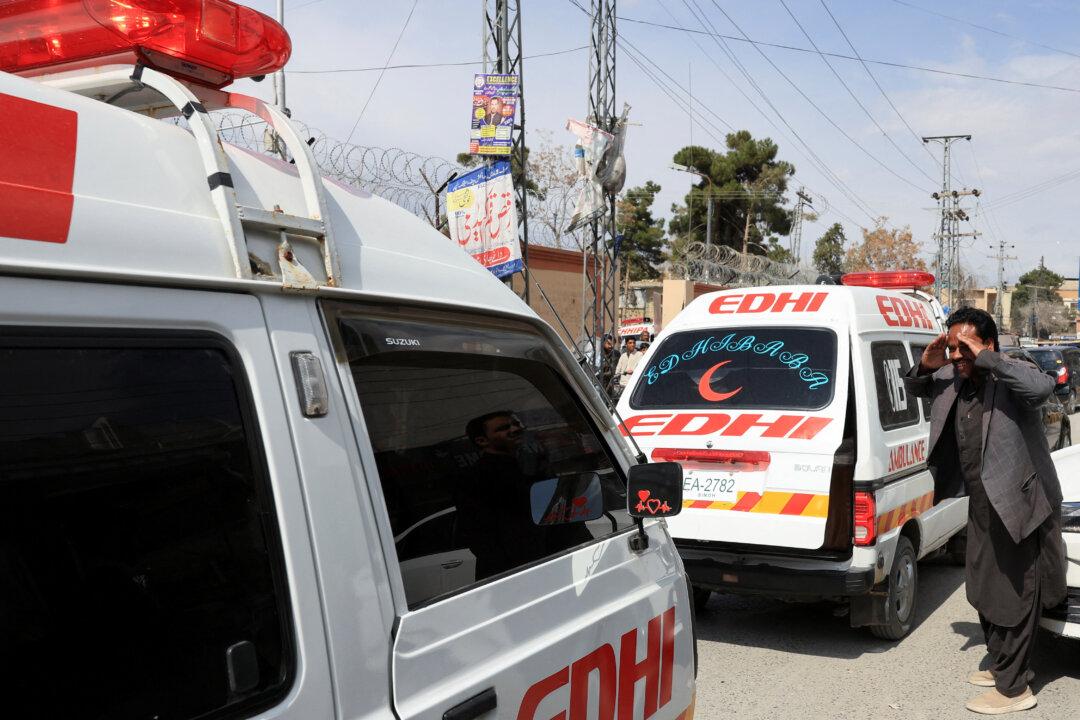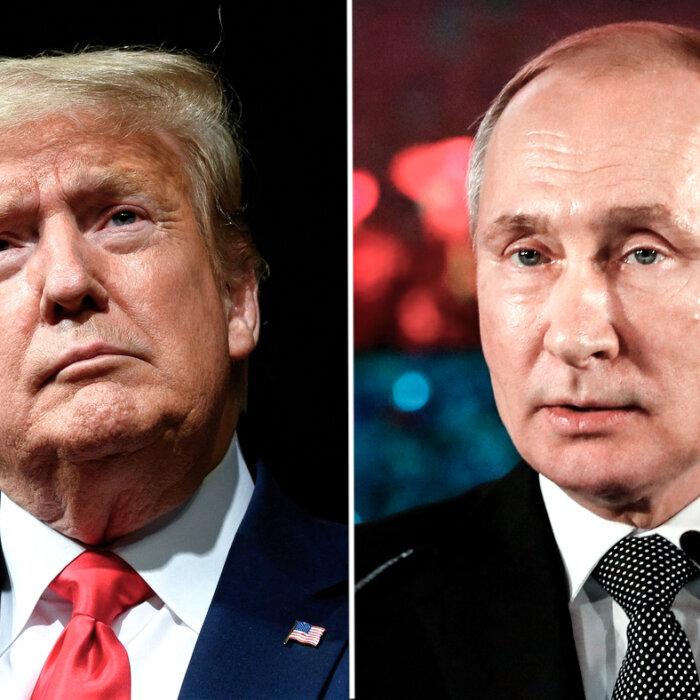Senate Passes Funding Bill to Avert Government Shutdown
The stopgap funding bill now heads to the president’s desk for signature. Earlier on Friday, 10 Democrats joined Republicans to advance the measure.
Trump to Invoke Alien Enemies Act for Mass Deportations | Live With Josh
The law would give the president broad authority to deport noncitizens.

Ring It Up: J.H. Patterson’s Revolutionary Sales Techniques
When the Father of American Salesmanship founded his cash register company, it helped launch sales practices still in force today.

How to Brew Your Own Kombucha
All you need to make this fizzy fermented drink—and reap its health benefits—is a starter, black tea, and sugar.

Life Lessons From ‘The Death of Ivan Ilyich’
Leo Tolstoy’s novella reminds readers about what life is really for.
Most Read
Top Stories
Education Department Investigating More Than 50 Universities Over Race-Based Policies
The department has warned schools and colleges that they could lose federal funds over racial discrimination.
House Republicans Introduce Legislation to Ban Chinese Nationals From Obtaining US Student Visas
‘Congress needs to end China’s exploitation of our student visa program,’ Rep. Riley Moore said.
▶Alina Habba Reveals New Executive Orders Are Coming to Counter Human Trafficking
The counselor to the president says she’s working with different agencies involved to identify and rescue victims and prosecute the perpetrators.
▶Massive Lithium Ion Battery Fire Raises Questions About California’s Energy Future
A toxic plume, collateral damage, and a lack of scrutiny.
Epoch Times Honored for Work Exposing Chinese Regime’s Human Rights Abuses
Reports on how the Chinese Communist Party takes organs from people imprisoned for spiritual beliefs win annual award for secular media coverage of religion.
Appeals Court Upholds Florida’s Ban on Gun Purchases by Young Adults
The state’s attorney general said he wouldn’t defend the law if the ruling is appealed to the Supreme Court.
US Joins G7 Allies to Affirm Support for Ukraine, Urging Russia to Accept Cease-Fire
Secretary of State Marco Rubio said the G7 members have issued a ’very strong statement' that reflected the allies’ mutual concerns.
DOGE Says 239 ‘Wasteful’ Government Contracts Canceled, Saving $400 Million
The Elon Musk-led advisory body gives update on the federal government’s cost-cutting progress.
Tracking Trump’s High Level Appointments, Senate Confirmations
The Senate is undertaking the confirmation process for the president’s new administration.
Senators Question Dr. Oz on Possibility of Medicaid Cuts, Payment Problems at Confirmation Hearing
Instead of directly responding to questions about potential spending cuts, Oz focused on improving health, patient care, and payment systems using technology.
Democrats Divided After Schumer Backed GOP Funding Bill
The minority leader’s decision to reverse course prompted some Democrats to reconsider their position and drew criticism from those who refused to compromise.
Shen Yun’s Performance ‘Is a Triumph to the Human Soul,’ Says Kansas Theatergoer
Pamela Skarda, a prayer associate, has been returning to see Shen Yun Performing Arts every year since first learning about the company.
Trump Admin to Appeal Rulings Reinstating Fired Federal Workers: White House
White House press secretary Karoline Leavitt said the administration would respond aggressively to the ‘entirely unconstitutional’ injunction.
Voice of America Cuts Contracts With AP, Reuters, and AFP
Voice of America under the leadership of Kari Lake ends deals with major wire services, a move she says will save taxpayers $53 million.
SpaceX Launches Crew-10 to Relieve Astronauts at International Space Station
They are scheduled to dock with the orbiting laboratory around 11:30 p.m. on March 15.
FCC Launches Regulatory Rollback Effort: ‘Delete, Delete, Delete’
The FCC chair says the initiative seeks to repeal outdated rules hindering investment, aligning with the Trump administration’s deregulation agenda.
BMW Says Tariffs Will Cost Firm More Than $1 Billion
BMW Chief Executive Oliver Zipse tells Bloomberg that tariffs from both the United States and the EU were hitting the automaker’s bottom line.
Trump and Hochul Have ‘Productive Conversation’ in White House Meeting
The two discussed the redevelopment of Penn Station, congestion pricing, tariffs, and energy policy, according to the governor’s office.
Hamas Offers to Release Last American Hostage; Israel Decries ‘Psychological Warfare’
It remained unclear whether a deal to release Israeli-American Edan Alexander, a Israeli-American IDF soldier captured by terrorist group Hamas, will proceed.
The Macarena Protocol: 6 Highly Effective Exercises to Keep Your Shoulders Fit and Firm
Good shoulder health is important, especially as you grow older. Derived from the song, these exercises will have your shoulders dancing with happiness.
Day in Photos: Full Moon Eclipse, SpaceX Rocket Launch, and Java Flood
A look into the world through the lens of photography.
‘October 8’: The Disturbing Re-emergence of Anti-Semitism
A documentary exposes the hatred of Jews on college campuses after the Hamas attack on Oct. 7, 2023.
Special Coverage
Special Coverage

















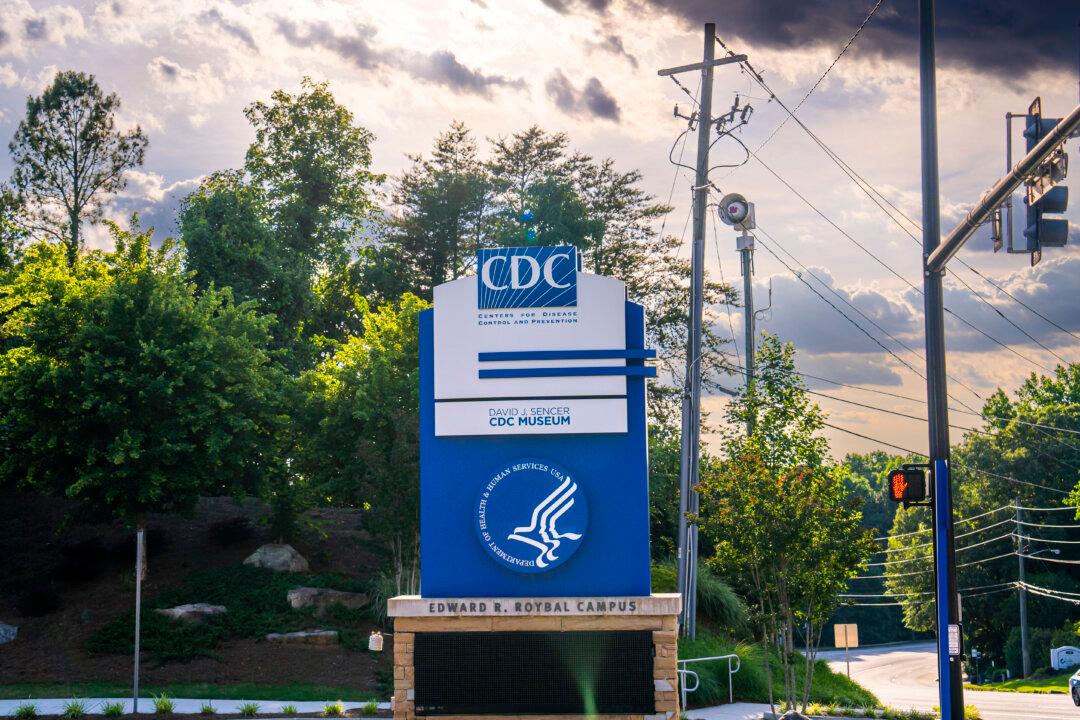













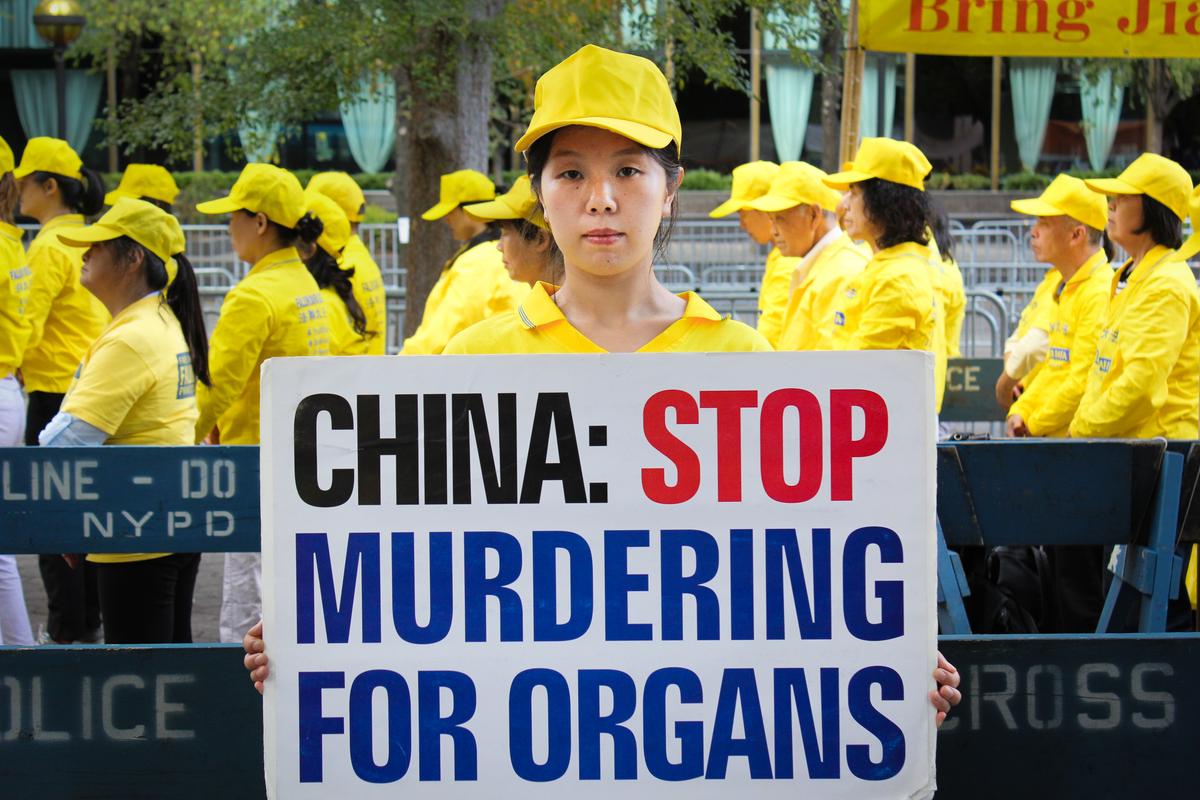












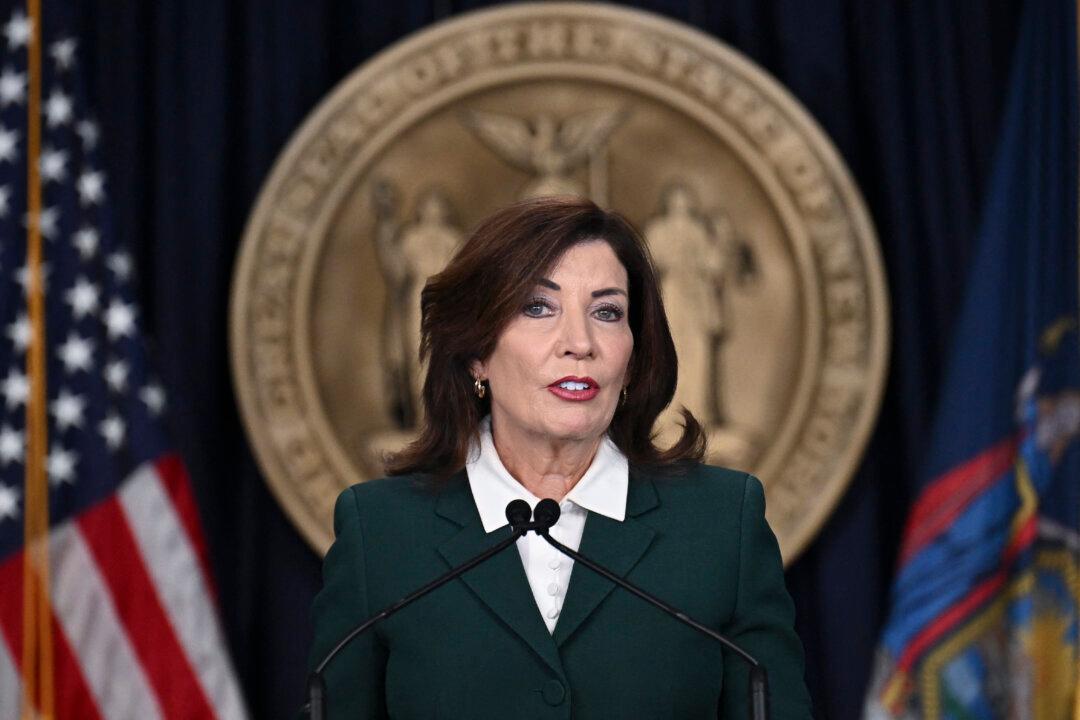







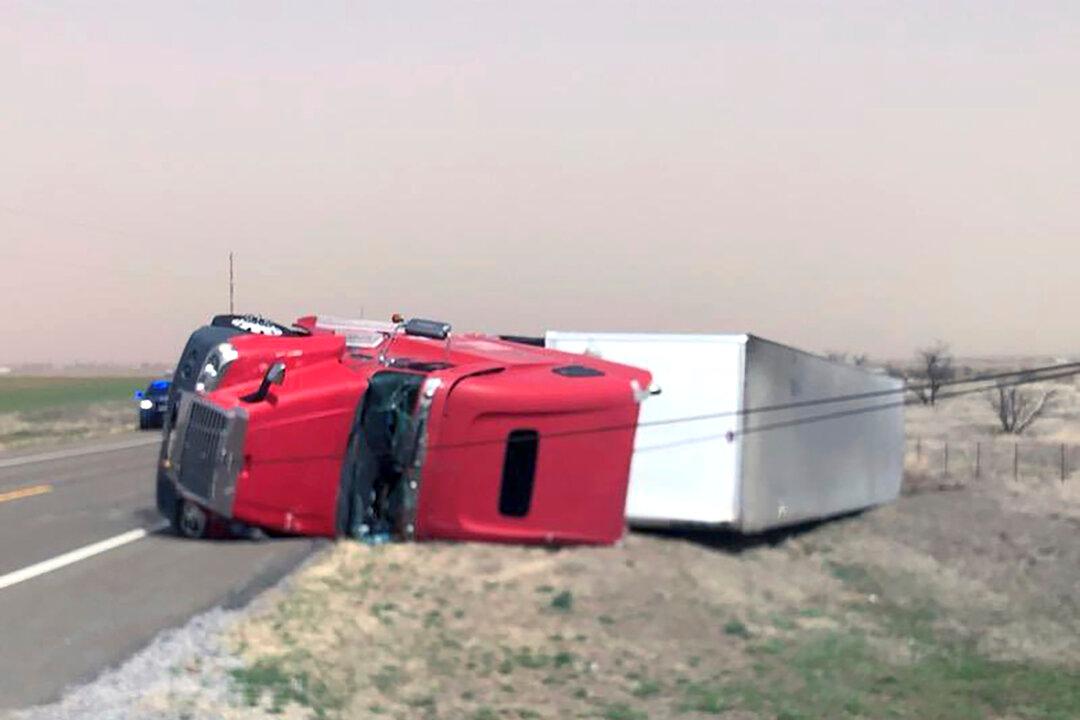









![[PREMIERE 03/15 at 10:30AM ET] How to Cope with Survivor’s Guilt: Eric Lionheart on Supporting Veterans](https://www.theepochtimes.com/_next/image?url=https%3A%2F%2Fimg.theepochtimes.com%2Fassets%2Fuploads%2F2025%2F03%2F14%2Fid5825842-Interview-Eric-Lionheart-600x338.jpg&w=1200&q=75)





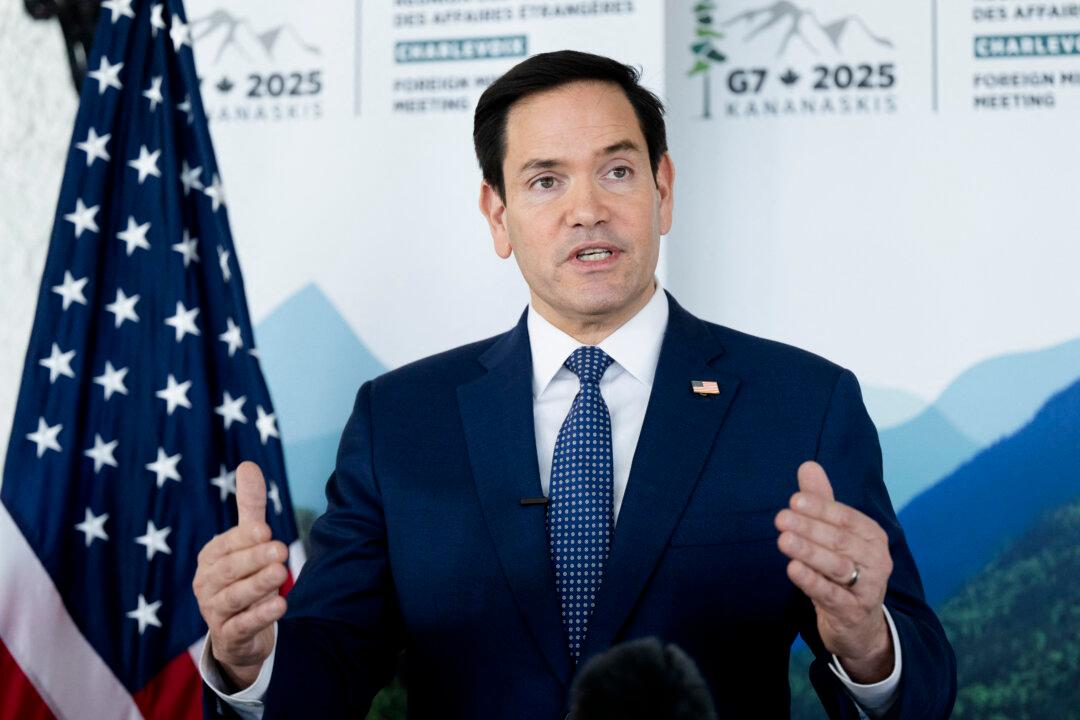







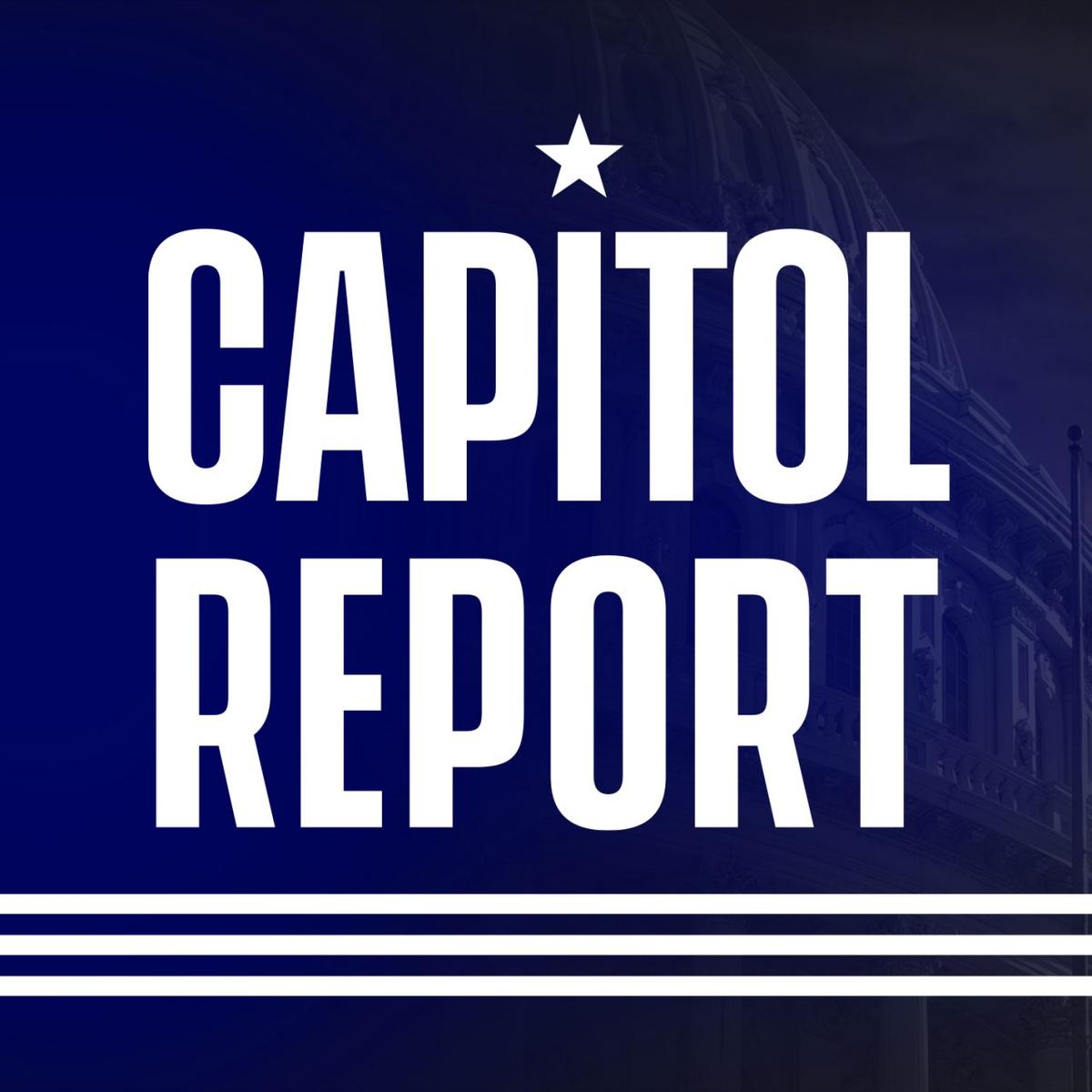
![[PREMIERING 3/15 9PM ET] Peter St Onge: Will Trump and DOGE Succeed in Gutting the Regulatory State?](https://www.theepochtimes.com/_next/image?url=https%3A%2F%2Fimg.theepochtimes.com%2Fassets%2Fuploads%2F2025%2F03%2F13%2Fid5824755-250312-ATL_Peter-St.-Onge_HD_TN-600x338.jpg&w=1200&q=75)





